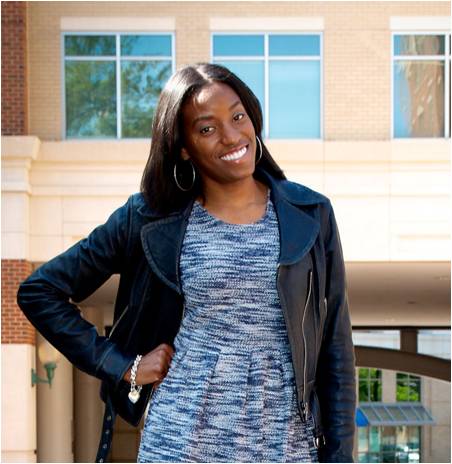Dispelling The Myth: Black People Need To Wear Sunscreen
I’m not sure how we even starting talking about this topic, but during dinner with friends a few weeks ago, we discussed black people wearing sunscreen. I guess you can say we’re all ready to enjoy these warmer temperatures!
I was surprised to hear that a friend didn’t think our brothers and sisters of darker hues needed to wear sunscreen; after all we have melanin in our skin which helps protect us against Ultraviolet (UV) rays. While I gave her the side eye and asked “are you serious?” I am aware that many are under the same impression. Although we should wear sunscreen all year round, considering the summer season is just beginning, I thought it was important to share WHY black people need to wear sunscreen and dispel the myth that we can’t get sunburned or skin cancer.
Last May, in an Ebony article titled [DOCTOR’S ORDERS] Yes, Black People DO Get Sunburn, Dr. Aletha Maybank shared with readers how melanin works, the effects of sunburn and tips on wearing sunscreen. According to Dr. Maybank,
Yes, people of African descent are fortunate to have less visible signs of aging such as wrinkles, fine lines, and age spots as compared to Whites. This is due to the high amount of melanin produced by our skin. Melanin gives color to our skin, eyes, and hair. The more melanin you have, the darker your skin. People of African descent can have a natural sun protection factor (SPF) of up to 13 as compared to 3-4 for Whites. This does protect us from ultraviolet (UV) sunrays, thereby decreasing our risk for skin cancer and aging early. However, it does not provide complete protection from either.
When exposed to the sun, our bodies actually produce more melanin and our skin darkens or what we typically call ‘getting a tan’. Although we may not sunburn as quickly, anyone regardless of skin color can sunburn. Anyone. Multiple sunburns over a lifetime increase your risk for skin damage such as dark marks and uneven skin tone. What about skin cancer? Whites have higher skin cancer rates by far. However, Blacks can get skin cancer as well, and these cancers represent 1-2% of all cancers.
Since we rarely hear stories about black people getting skin cancer, it is easy to believe it does not happen. However, Dr. Maybank used Bob Marley as an example in her article. He died at the age of 36 from melanoma found in his toe which was initially dismissed as a soccer injury to his toenail. Let that be a message to 1) go to the doctor if something does not seem right and 2) always get a second opinion!
We know that sun exposure is great for our daily intake of Vitamin D. I often joke at work during the warmer summer months that I’m taking a break from my desk to get some fresh air and Vitamin D. Plus, last time I went to the doctor I was Vitamin D deficient, but I’m going to blame that on being stuck in the house most of the winter due to the polar vortex and snow and not taking my multivitamin daily (I need to do better)! I CAN’T WAIT FOR SUMMER!!! I digress…
According to the National Institutes of Health, it is recommended we all get 5-30 mins of sun exposure 2-3 times a week without sunscreen to help meet our daily Vitamin D requirements. Of course you can also take a Vitamin supplement. However, don’t let the need for sun exposure without sunscreen fool you into thinking it’s not required at all! Overall we should be limiting the amount of time spent DIRECTLY in the sun, especially in the middle of the day between 10am -2pm. Dr. Maybank suggests:
1) Wear sunglasses with 100% block of UVB and UVA and hat with a brim.
2) Do regular skin checks (make sure your physician does too!) looking for changes in moles or ulcers.
3) Using sunscreen daily throughout the year. Choose facial moisturizers with sunscreen as well.
4) Look for a label that says ‘broad spectrum protection’. This protects against both UVA and UVB. UVA is linked to skin cancer and aging. UVB is the main cause of sunburn.
5) Use a sunscreen of SPF of 15 -30 for adults and 30 for children. Reapply every 2-3 hours for long periods of sun exposure.
6) Avoid using sprays, especially for children; there is concern about them getting into your lungs.
7) Do not use products with Vitamin A or retinol. They may increase sun sensitivity.
8) Purchase fragrance-free products.
9) Do not store sunscreen in hot car.
10) You don’t have to shun the sun completely, however be sensible and consistent with your protection while enjoying all that summer has to offer.
To those who are of the mindset that black people don’t need to wear sunscreen, please use this blog post as my public service announcement that in fact EVERYONE needs to wear sunscreen!
It is never too late to be educated on a subject that affects our health. There’s nothing like beautiful black skin glistening in the summer time; let’s make sure we protect that skin so it can maintain its beauty for years to come!


